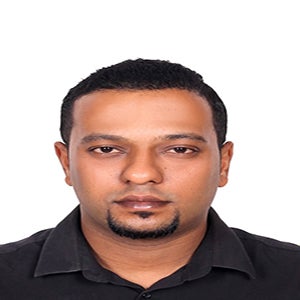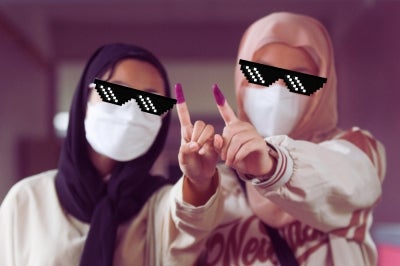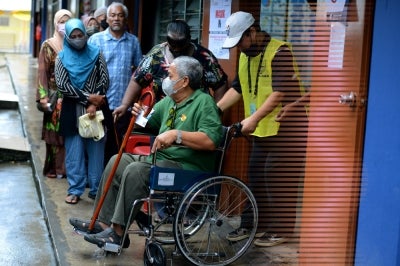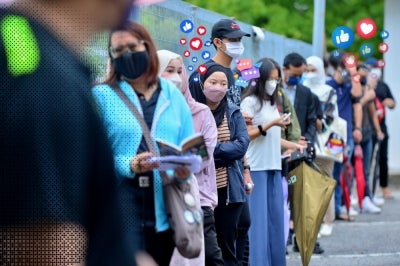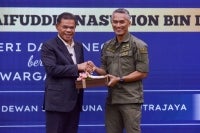Do we need more Indian parties or effective lawmakers? - Analyst

SHAH ALAM - Former MIC Youth chief Senator Datuk C. Sivarraajh has questioned the necessity of having numerous Indian political parties, given the relatively small population of the Indian community in Malaysia.
He expressed concerns that the community's problems might be scattered across various party ideologies, diminishing the unified strength of their voice.
"It is a thought-provoking discussion on the proliferation of Indian political parties in Malaysia.
"I wonder whether the plethora of parties would lead to a unified voice or result in fragmentation," Sivarraajh said in the Sana Sini podcast aired recently.
To this, political analyst Professor Datuk Dr Professor P. Sivamurugan said the dilemma laid in whether the existing representatives can effectively represent the community or if more lawmakers or parties are needed.
"It is important to evaluate the goals and objectives of these parties," Sivamurugan said.
Sivarraajh then shed light on the motivations behind the formation of new Indian political parties, citing instances of personal grievances rather than a genuine commitment to strengthening the Indian community's voice.
He cited examples like former Penang deputy chief minister II P Ramasamy's newly formed party, Urimai, questioning the timing and motives behind such initiatives.
The discussion delved into leadership problems within Indian political parties, citing the example of Hindraf, which faced challenges in sustaining its momentum despite its impactful rally in 2007.
Sivamurugan acknowledged MIC's historical contributions and relevance, even though the party may have faced setbacks in recent elections.
"I think MIC's glory days was due to its structured systems in the past but the changes in voting patterns after 2008 might have contributed to the party's challenges," he said.
The conversation also touched upon the perception of hatred towards political parties within the Indian community, with concerns about politicians not delivering on promises related to well-being, education, and business opportunities.
Sivaraajh and Sivamurugan expressed skepticism about the potential success of new parties like Urimai and questioned whether they could attract the support needed to make a significant impact.
Ramasamy has since become a champion for the plight of Indians, forming a race-based party dubbed Parti Bersepakat Hak Rakyat Malaysia (Urimai) last month.
The former four-term Perai assemblyperson quit DAP in August citing unhappiness with the party after he was dropped as a candidate during the six state elections.
He has since issued several statements about Indian interests being sidelined in multi-racial PKR and DAP.
Download Sinar Daily application.Click Here!
